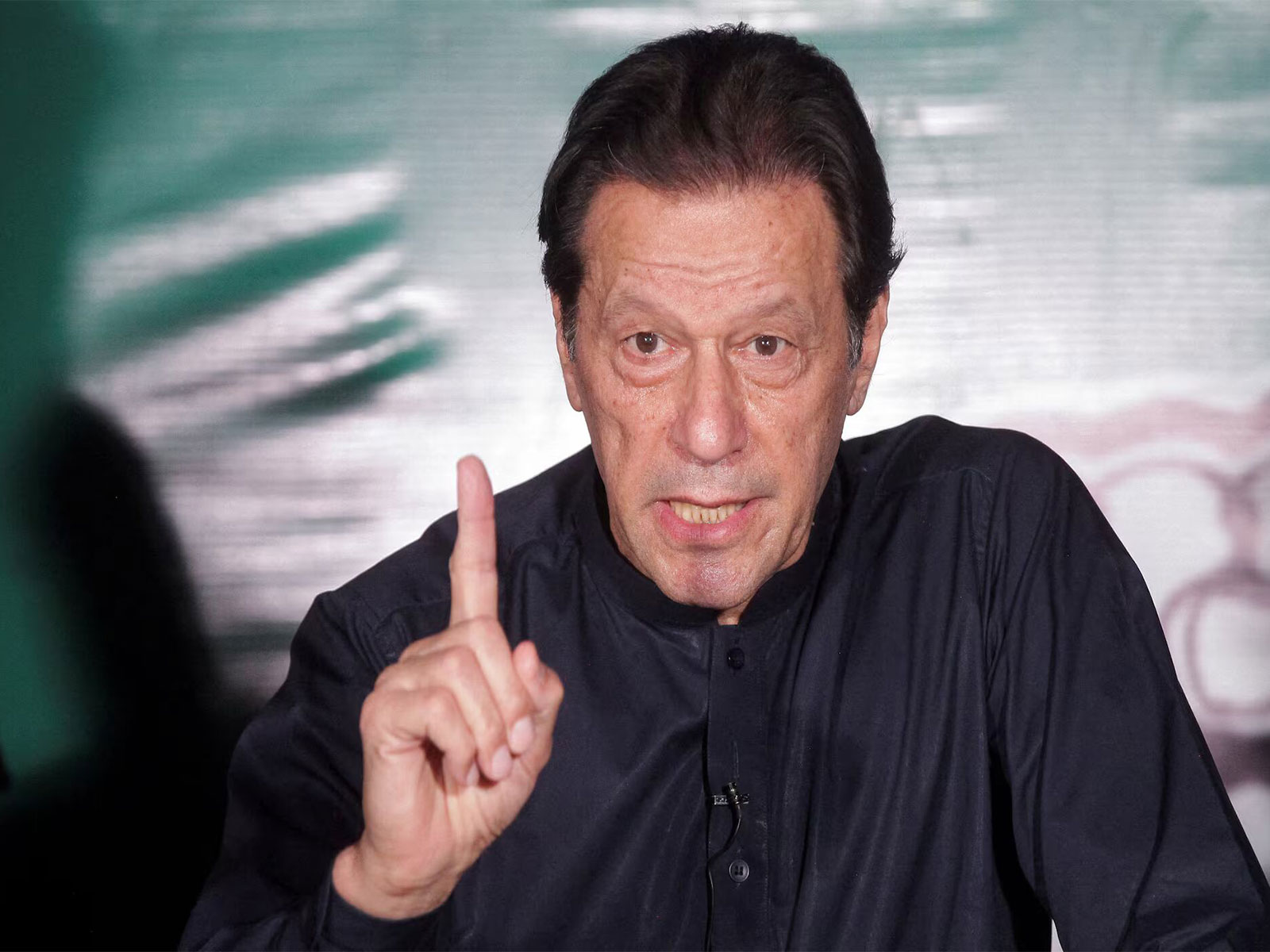- Gul plaza tragedy: Rescue operation has been completed, says mayor Business Recorder
- Search operation at Gul Plaza wraps up 10 days after fire Dawn
- Karachi mall inferno came after ignored warnings, delayed response Reuters
- Gul Plaza secured, not…
Category: 1. Pakistan
-
Gul plaza tragedy: Rescue operation has been completed, says mayor – Business Recorder
-
FDI plunges by 43.3% in July-December of current fiscal year – Business Recorder
- FDI plunges by 43.3% in July-December of current fiscal year Business Recorder
- Pakistan’s FDI plunges 43% in H1 FY26 even as PSX surges over 60% Profit by Pakistan Today
- Investment slumps yet stability holds economy Daily Times
- 73% of foreign…
Continue Reading
-
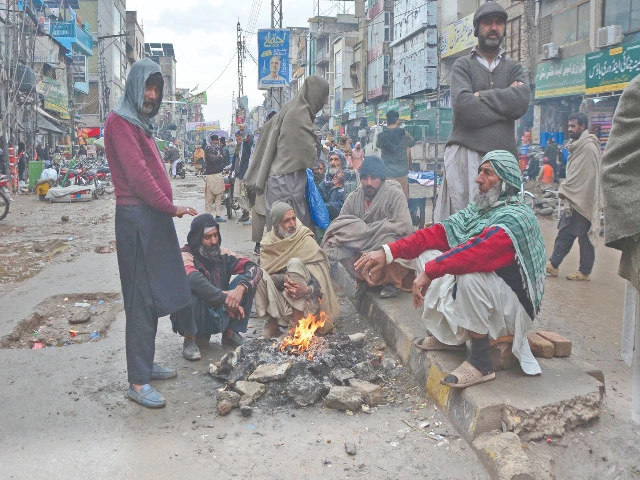
Record snowfall paralyses Naran, Kaghan
Roads remain closed, electricity out for five days and authorities warn of landslides
Labourers in Rawalpindi gather around a fire to keep warm during rainy weather while waiting for customers to hire them for daily wage work to support their…
Continue Reading
-
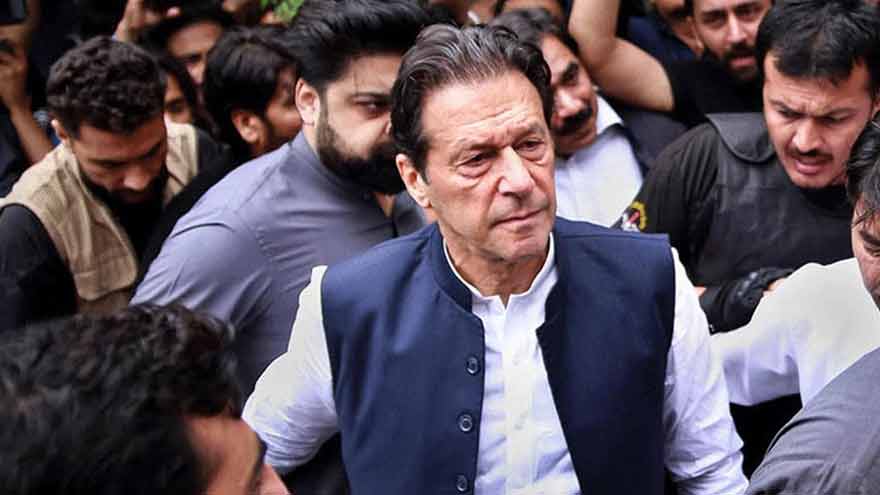
Islamabad court closes two 2022 march case against PTI founder
ISLAMABAD (Dunya News) – A district and sessions court in Islamabad has close two cases related to the ‘Haqeeqi Azadi March’ against the founder of Pakistan Tehreek-e-Insaf (PTI).
The hearing took place at the…
Continue Reading
-
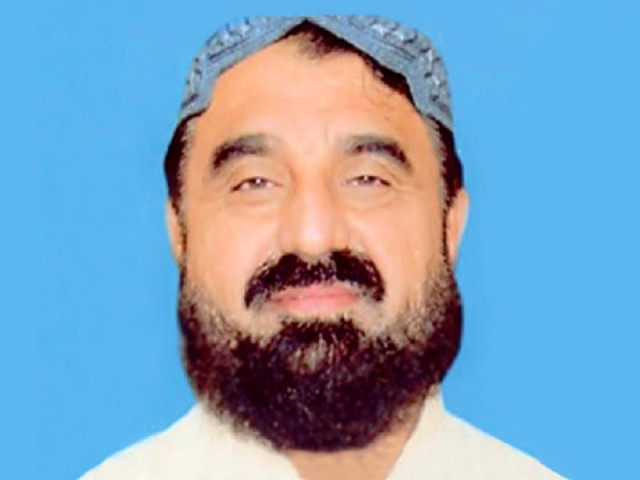
Rare unity in PA against Pak ‘Board of Peace’ decision
Lawmakers warn the move could harm Palestine, question govt’s decision-making process
PESHAWAR:…
Continue Reading
-
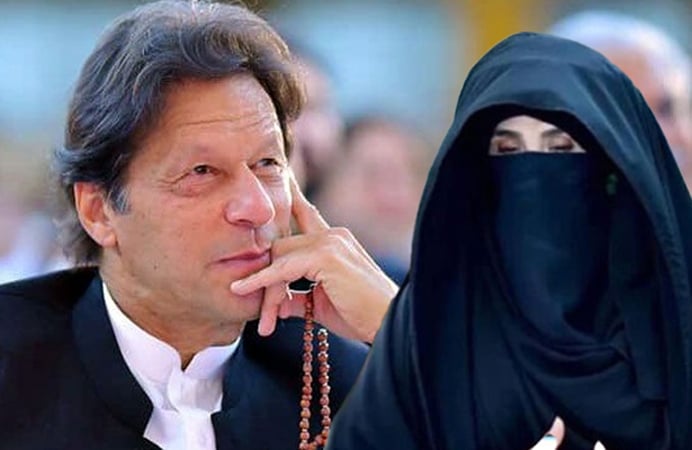
Court extends Imran, Bushra Bibi bail until Feb 6 in six cases
Court extends Imran, Bushra Bibi bail until Feb 6 in six cases – Daily Times
…Continue Reading
-
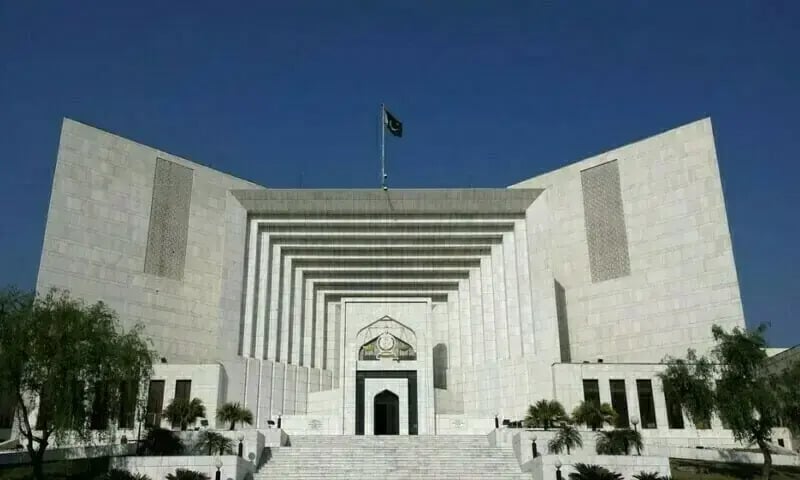
Civil servants not bound to obey illegal orders, observes SC
Civil servants not bound to obey illegal orders, observes SC – Daily Times
…Continue Reading
-

PM meets Myanmar’s FM, underscores expanding bilateral cooperation
PM meets Myanmar’s FM, underscores expanding bilateral cooperation – Daily Times
…Continue Reading
-
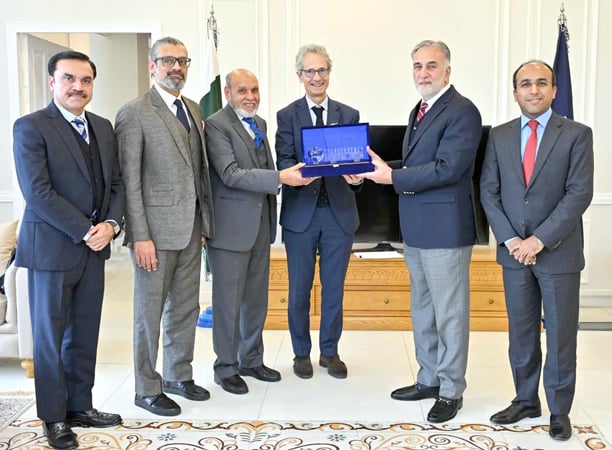
NAB, TI discuss transparency, future collaboration
NAB, TI discuss transparency, future collaboration – Daily Times
…Continue Reading
